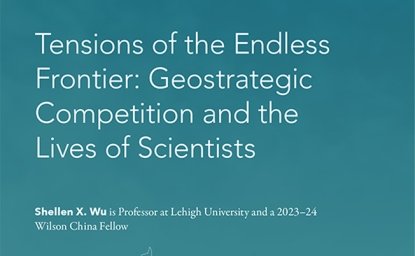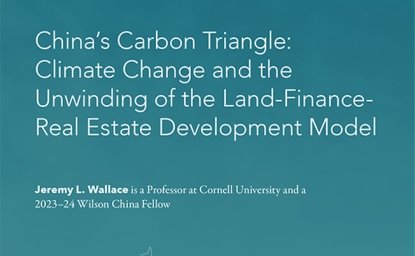Adapted from a July 24 letter to the editor of the Washington Post Opinion Page
A July 6 Post editorial on Chinese President Xi Jinping’s speech commemorating the 100th anniversary of the founding of China’s Communist Party depicted China as a rapacious country out to bash foreign heads bloody. In doing so it distorted the language Xi had used.
Xi said:
”中国人民绝不允许任何外来势力欺负、压迫、奴役我们,谁妄想这样干,必将在14亿多中国人民用血肉筑成的钢铁长城面前碰得头破血流.”
An accurate English translation would be: The Chinese people absolutely will not permit any foreign power to bully, oppress, or enslave us. Those who vainly attempt to do so will bloody their own heads when they collide with a Great Wall of Steel composed of the flesh and blood of over 1.4 billion Chinese people.”
Xi’s words and imagery regarding “a great wall of steel” are drawn directly from China’s national anthem, which was the country’s most popular patriotic song during the war against Japan in the 1930s and 1940s. Its first stanza calls on all Chinese who refuse to be enslaved to use their flesh and blood to build a new great wall, by implication to resist Japanese aggression. Xi drew on this language in his speech, substituting “great wall of steel” for “new great wall.” Even the resisting enslavement language in the anthem was retained. It is would-be “enslavers,” not the Chinese, who bash their own heads bloody against the wall.
Whatever the merits or demerits of Xi’s speech, his language should not be taken out of context. In context, he was issuing a warning, not a threat.
J. Stapleton Roy is the founding director, emeritus, of the Kissinger Institute and previously served as U.S. Ambassador to Singapore, China, and Indonesia
Author

Founding Director Emeritus, Kissinger Institute on China and the United States

Kissinger Institute on China and the United States
The Kissinger Institute works to ensure that China policy serves American long-term interests and is founded in understanding of historical and cultural factors in bilateral relations and in accurate assessment of the aspirations of China’s government and people. Read more

Explore More
Browse Insights & Analysis
China Strikes Back Against US Tariffs, But Leaves Room for Negotiations



